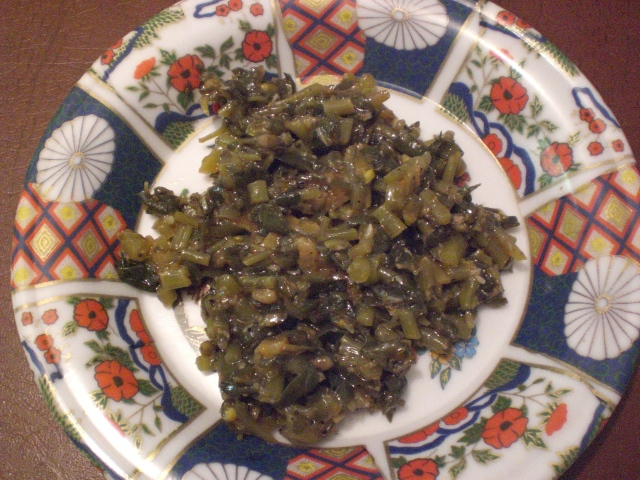Posts Tagged ‘authentic Moroccan cuisine’
Ramadan in Morocco and other Islamic countries is an unusual time when in addition to heightened spirituality, a special atmosphere permeates the culture unlike the rest of the year. This is even more true when the month falls outside of the school year, as most of it does this year, 2010. Normal schedules are completely turned around during Ramadan, and people enjoy special foods and family celebration.
How does the Ramadan fast affect tourists traveling to the Imperial Cities, the Sahara Desert and other regions of Morocco during this high holy holiday? Can tourists eat or drink in public during Ramadan? This article should clear up the confusion on this issue for tourists, to explain the most polite solutions for tourist behavior at this time, and to assure tourists that there is no problem with them visiting Morocco during Ramadan. Because the Islamic calendar is lunar, holidays such as Ramadan advance by approximately ten days with each subsequent year. This means that Ramadan makes a cycle through the entire calendar of twelve months each twenty-some years. This year, Ramadan started on August 12th, 2010 in Morocco. The fast presently starts in Morocco at approximately 4:30 AM, and ends in the evening at approximately 7:30 PM.
Moroccan terjla (the Moroccan Arabic name) is frequently prepared as a side dish, and can be served either hot or cold. Terjla, a succulent plant, known as purslane in English and verdolaga in Spanish, is not only one of the most delicious Moroccan plants, but it is simple to prepare. Being a dark green plant, it is loaded with iron, vitamins, and minerals. It also has a mild lemony flavor. When traveling to Morocco make sure to ask your Moroccan Travel Agency to recommend restaurants or local places where you can taste Moroccan terjla in a traditional restaurant.
Djemaa El Fna Square is in the heart of Marrakesh, Morocco is like no where else on earth, and an adventure not to be missed after dusk. Courageous travelers in Morocco will definitely want to eat in the Djemaa El Fna Square. Tourists can avoid any chance of illness simply by sticking to foods that are actually cooked in front of them, and passed over to be eaten off of a clean paper. The Moroccan family in the photo above is waiting for their main course to come out of the cooking pot in front of them.Whether you choose to eat or not, just a stroll through the Djemaa El Fna Square in the evening can provide some very unique photo opportunities.





